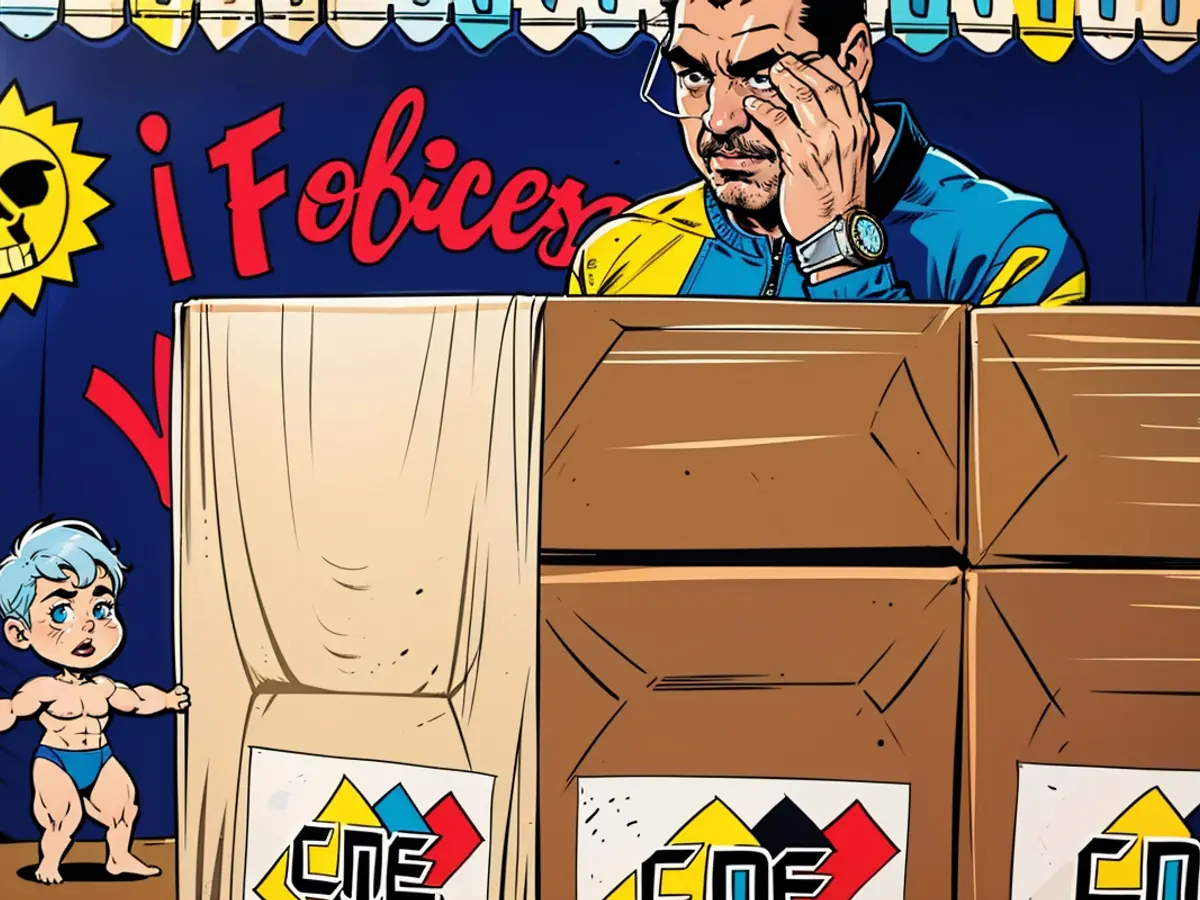Latin America - Venezuela Election: Maduro will acknowledge the result
Venezuelan President Nicolas Maduro will reportedly respect the results of the presidential election, according to his own statement given shortly after casting his vote in Caracas, the capital city. "I recognize the electoral court and the official gazettes and will ensure they are respected", Maduro said.
Besides the authoritarian Maduro, who is seeking a third term, nine other candidates are running for the highest office. The best chances, besides Maduro, are attributed to former diplomat Edmundo Gonzalez Urrutia from the opposition coalition Platform Unitaria Democratica. "Go to the polls today, citizens", Gonzalez urged voters.
The 74-year-old is running instead of popular opposition leader Maria Corina Machado, who was banned from holding public office for 15 years due to alleged irregularities during her tenure as a lawmaker. Machado, however, campaigned with Gonzalez throughout the country. "Let's go to the polls as a family with strength, joy, and conviction! We will make it happen!", Machado shared on the platform X. Preliminary results were expected in the early hours of Monday, German time.
Images showed long lines of people at polling stations since early morning hours. Over 388,000 security forces were reportedly deployed, according to the newspaper "El Nacional". In the country, a temporary closure of "the border crossing for people and the passage of vehicles" at the borders with Colombia and Brazil was maintained.
According to several polls, Maduro could indeed face the possibility of being ousted after 11 years in power. However, observers do not anticipate a free and fair election. Recently, numerous opposition figures were arrested, and government-critical candidates were barred from running.
No EU election observers present
The EU is not represented by observers, as Venezuela's electoral council revoked an invitation to them due to existing personal sanctions against representatives of the National Electoral Council. Even the left-leaning Brazilian government announced late that it would not send election observers, following disputes between the presidents of both countries.
Four former Latin American presidents were reportedly prevented from traveling to observe the elections by Panamanian authorities. The United Nations did send some election experts, but their roles are limited as the body does not issue public statements regarding the evaluation of the electoral process.
Few eligible voters abroad can vote
Approximately 21.6 million people are eligible to vote. Among them are Venezuelans living abroad. However, only about 69,000 of the 4.5 million eligible voters outside the country were registered, fulfilling the requirements for voting abroad set by the government. The elections are won in the first round with a simple majority.
Venezuela has been mired in a severe political and economic crisis for years. The once prosperous country with rich oil reserves is suffering from mismanagement, corruption, and sanctions. Over seven million Venezuelans have left the country according to UN estimates due to poverty and violence.
- Despite the European Union not sending observers due to personal sanctions, the Venezuelan President Nicolas Maduro has declared his commitment to respecting the results of the election.
- In contrast to popular opposition leader Maria Corina Machado, who was barred from holding public office, former diplomat Edmundo Gonzalez Urrutia from the opposition coalition Platform Unitaria Democratica is considered to have the best chances besides Maduro.
- International observers, such as those from the EU and Brazil, are absent from the Venezuelan election, raising concerns about the fairness of the process, as numerous opposition figures have been arrested and government-critical candidates barred from running.
- The Brazilian government, traditionally a vocal critic of the Maduro regime, announced it would not send election observers to Venezuela, adding to concerns about the transparency and legitimacy of the election in Latin America.








